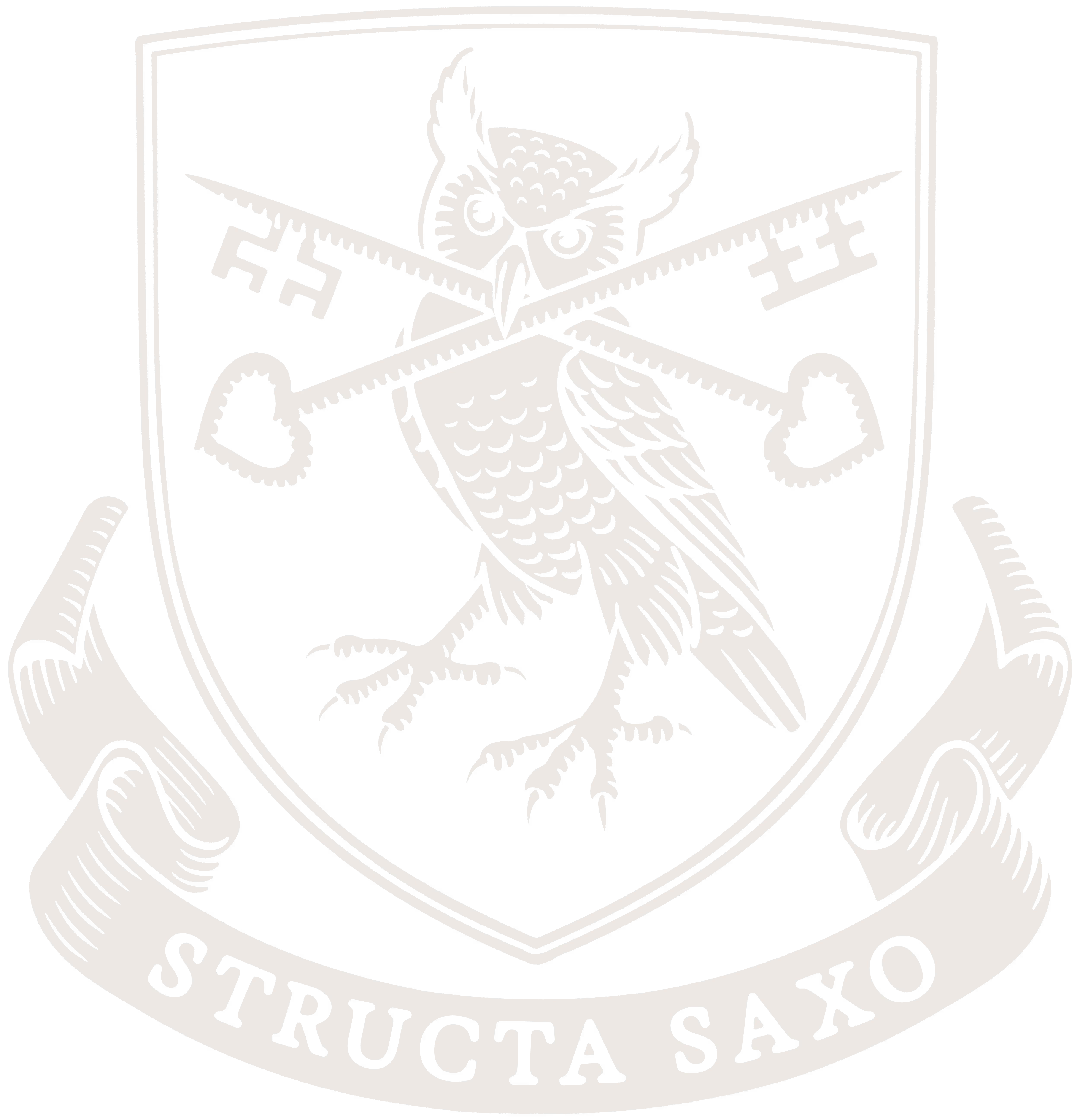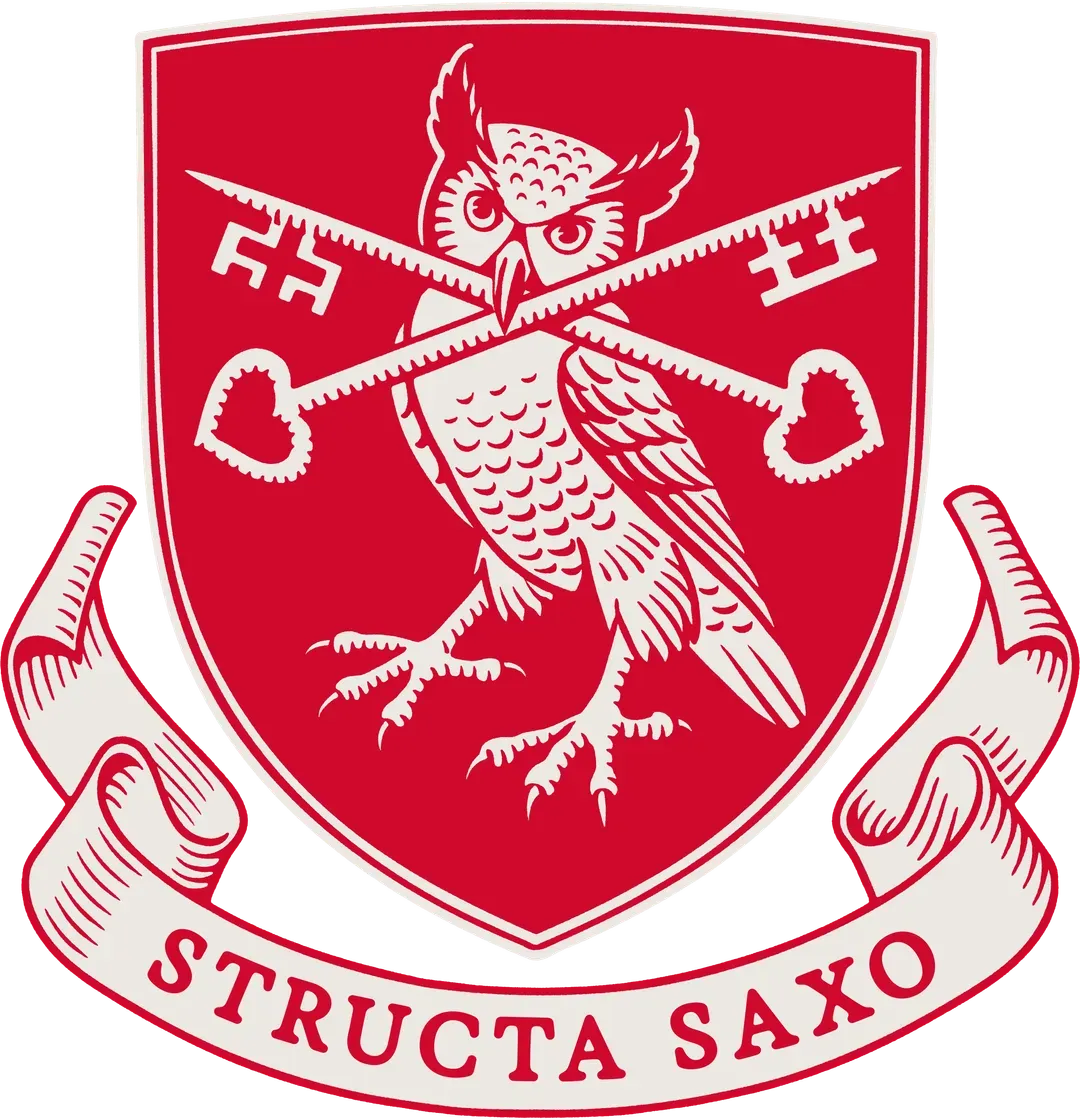International
Baccalaureate
St. Peter’s Cambridge is proud to be the only school in the Central North Island to offer the International Baccalaureate (IB) Diploma. This programme is designed to nurture inquiring, knowledgeable, and caring young people who contribute to creating a better and more peaceful world through intercultural understanding and respect.
The International Baccalaureate Diploma is a highly esteemed international qualification that fosters the development of the whole person. The IB mission statement provides a long-term, holistic vision of student-centred education. Our founder, Arthur Broadhurst, was ahead of his time in developing the Mind, Body, and Spirit ethos—making the partnership between IB and St. Peter’s a natural fit.



Building strong
foundations
The IB Diploma is an academically rigorous two-year pre-university qualification that ensures students are well-prepared for their tertiary studies. Diploma students build a comprehensive academic foundation by studying six subjects across key curriculum areas: Literature, Language Acquisition, Individuals and Societies, Sciences, Mathematics, and the Arts.
At least three of these subjects are taken at Higher Level (HL) while the remaining subjects are taken at Standard Level (SL). With a strong focus on learning there is only a limited number of assessments in each subject, involving both internal and external components.
University Recognition
In New Zealand, the IB Diploma is increasingly valued as universities recognise the preparedness of IB students for higher education. We recommend checking with universities about the specific requirements for the pathway your child is interested in pursuing. Globally, the IB Diploma is widely recognised as a reputable pre-university curriculum by top universities.
INTERNATIONAL
BACCALAUREATE
2025 RESULTS
84%
of our students awarded ib diploma
96%
of our students awarded university entrance
10%
of our students earned 40 points or above
32
point average achieved by our students
3
points above the world average
Proud Achievements in the IB Program
At St. Peter’s we are proud of the number of students who have elected to take the IB academic pathway with over 98 Year 12 and 13 students in 2025. Our IB students are currently achieving a 84% pass rate, with almost all IB students continuing on to pursue tertiary education.
Core components
Studies suggest that the core components of the Diploma programme play an important role in enhancing students' confidence in critical thinking, engaging with research, university-level writing, time management, and the ability to gather, organise, and evaluate information. Personal growth, a service ethic, maturity, open-mindedness, reflection, and a better understanding of one’s place in the world are also cited as key benefits.
In addition to the six subjects, there are three core components of the IB Diploma that set it apart from other qualifications:
This class is designed to equip students to observe, question, assess knowledge, and critically evaluate the world around them. It extends students' thinking, prompting them to ask, ‘How do I know what I know?’ and ‘Just because I know something, does that make it true?’
An 18-month co-curricular programme that recognises students' learning and personal growth through their varied interests and extracurricular activities. It emphasises experiences outside the classroom.
Supported by a supervisor, students complete a research project in an area of interest and write a 4000-word paper. Many students find this self-directed research invaluable in preparation for tertiary study.
This class is designed to equip students to observe, question, assess knowledge, and critically evaluate the world around them. It extends students' thinking, prompting them to ask, ‘How do I know what I know?’ and ‘Just because I know something, does that make it true?’
An 18-month co-curricular programme that recognises students' learning and personal growth through their varied interests and extracurricular activities. It emphasises experiences outside the classroom.
Supported by a supervisor, students complete a research project in an area of interest and write a 4000-word paper. Many students find this self-directed research invaluable in preparation for tertiary study.






